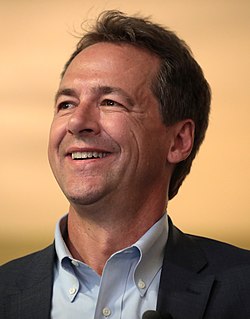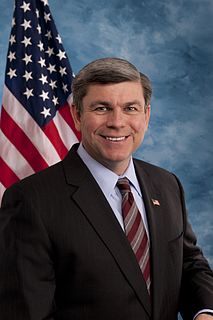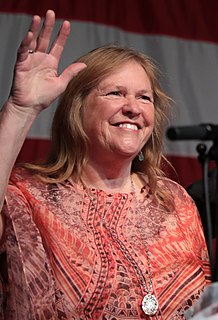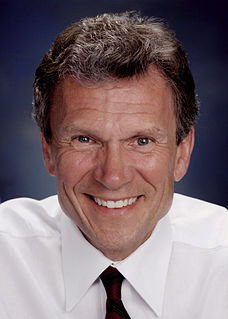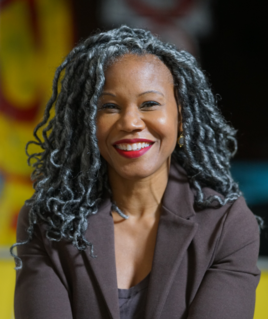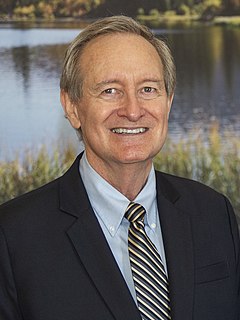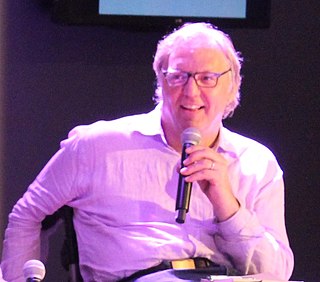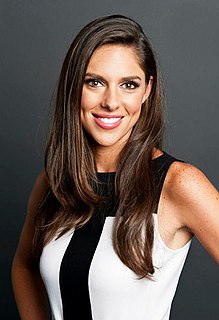A Quote by Steve Bullock
The truth is Floridians and Montanans have more in common than you might think. Both are fed up with partisan gridlock in D.C., and look to their state leaders to find common ground, pursue compromise, and move forward solutions that improve the health of their economy, their communities and their residents.
Related Quotes
I think with empathy... It's more looking out at the people. And that includes the Republicans, you know the people that might be opposed to us. Trying to understand why is it that they want what they want. And then how do we find common ground. I mean sometimes there is no common ground to be had if it's only about profit.
If I could leave this body with one wish, it would be that we never give up that search for common ground, .. The politics of common ground will not be found on the far right, or on the far left. That is not where most Americans live. We will only find it on the firm middle ground, based on common sense and shared values.
Prior to Katrina, the South Bronx and New Orleans' Ninth Ward had a lot in common. Both were largely populated by poor people of color, both hotbeds of cultural innovation: think hip-hop and jazz. Both are waterfront communities that host both industries and residents in close proximity of one another.
Embrace a diversity of ideas. Embrace the fact that you can disagree with people and not be disagreeable. Embrace the fact that you can find common ground - if you disagree on nine out of 10 things, but can find common ground on that 10th, maybe you can make progress. If you can find common ground, you can accomplish great things.
Today it's fashionable to talk about the New Economy, or the Information Economy, or the Knowledge Economy. But when I think about the imperatives of this market, I view today's economy as the Value Economy. Adding value has become more than just a sound business principle; it is both the common denominator and the competitive edge.
Today, the District of Columbia has more residents than at least two other states; Puerto Rico has more than 20. With numbers like that, admitting either or both to the union is less a political power play on the Democrats' part than the late-19th-century partisan move that still warps American politics.
